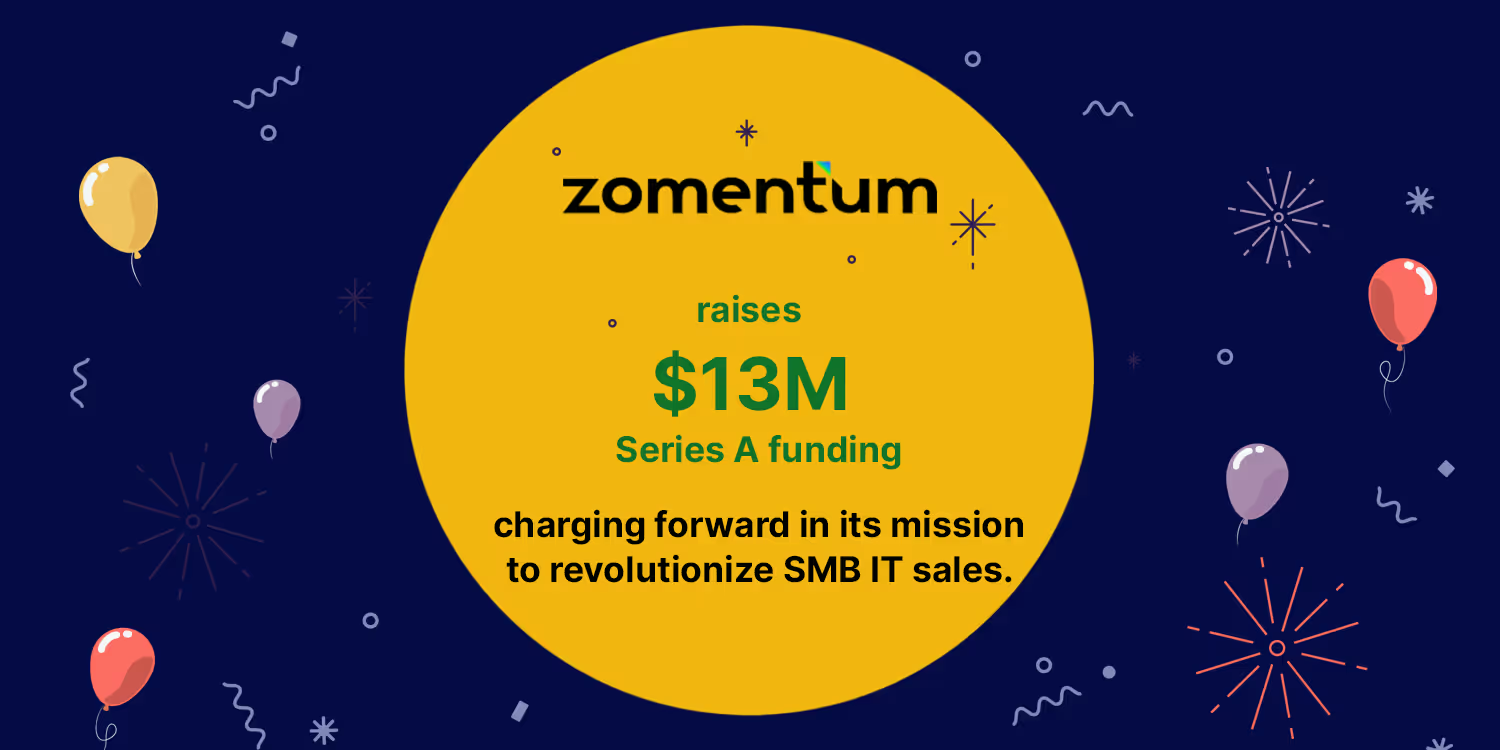10 Online Payment Statistics Every MSP Should Know
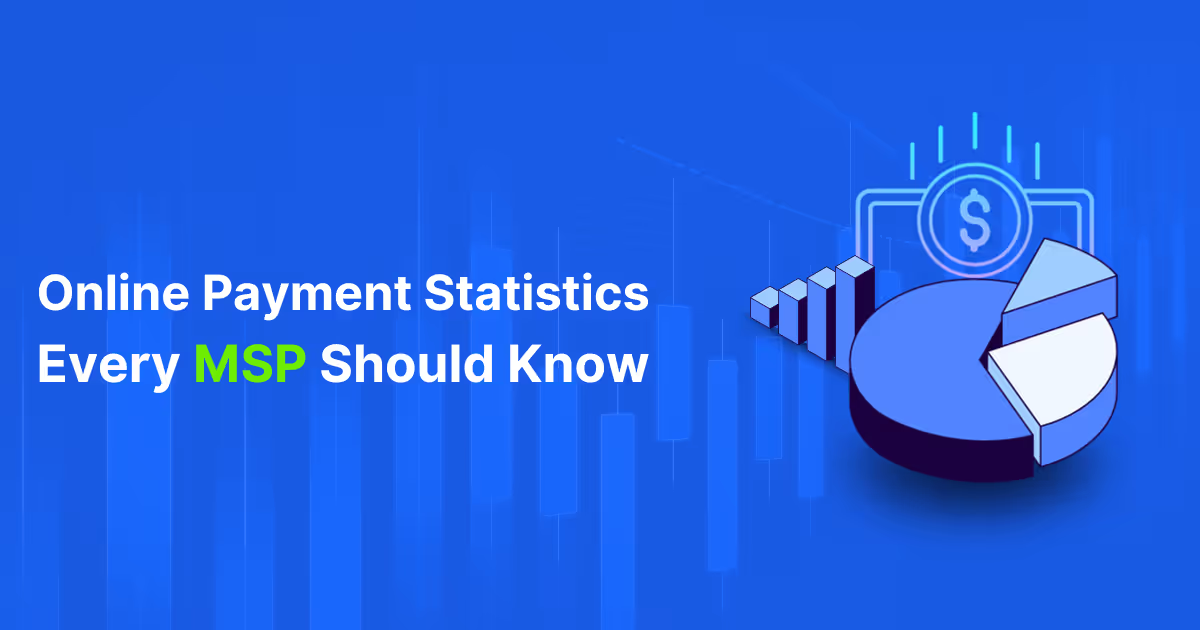
Managed service providers hold a large share of the overall global technology sales. Collecting payments online is part and parcel of running an MSP, regardless of whether you take one-time or monthly payments.
The digital payments industry is ever-evolving, with new payment gateways entering the market and new trends emerging.
It’s vital for MSPs to stay abreast of these trends to strengthen their payment systems, seamlessly collect payments, and grow revenue.
Here are 10 payment statistics every managed service provider and IT partner should know.
68% of small businesses have reduced the use of cash and paper checks. Moreover, 58% of B2B businesses are likely to convert most of their B2B payments from checks to electronic payments. (MasterCard)
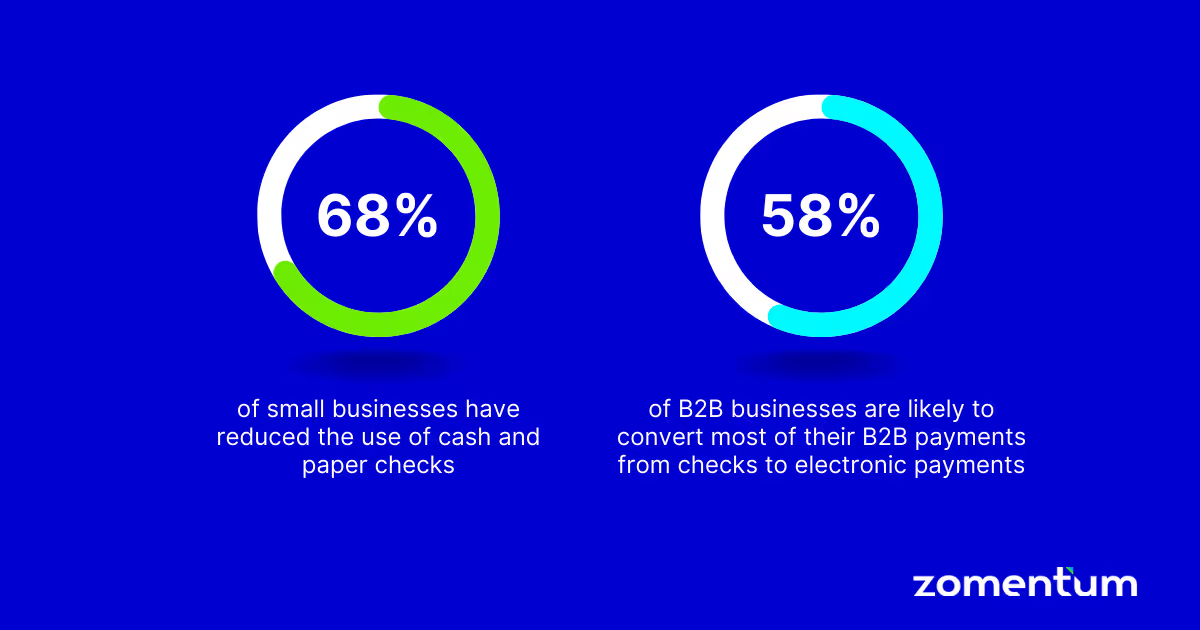
These statistics clearly indicate that businesses are ditching cash and checks. Hence, MSPs that offer seamless online payment solutions like integrated gateways, automated billing, and recurring payments will outshine others.
It’s time for MSPs to upgrade their payment infrastructure – prioritize user experience, time efficiency, and security & compliance.
ACH credits (37%) are the most common B2B payment method in North America, followed by checks (25), domestic wire transfers (13%), and others (37%). (AFP Online)

These numbers suggest that ACH payments and wire transfers are the dominant modes of B2B EFT payments.
Hence, MSPs must implement robust payment systems that allow them to seamlessly collect ACH and wire transfers, along with other EFT payments like card and wallet transfers.
It’s important to choose a payment solution that accepts payments from all the popular payment gateways with high success rates.
B2B payments are expected to make up over 70% of all virtual card payments by 2026. (Juniper Research)

Similar to ACH transfers, virtual card payments are one of the most preferred payment methods for B2B clients. MSPs must ensure their payment processor supports virtual card payments from all the major card providers.
Domestic payments will make up 59% of all B2B transactions in 2025. (Juniper Research)
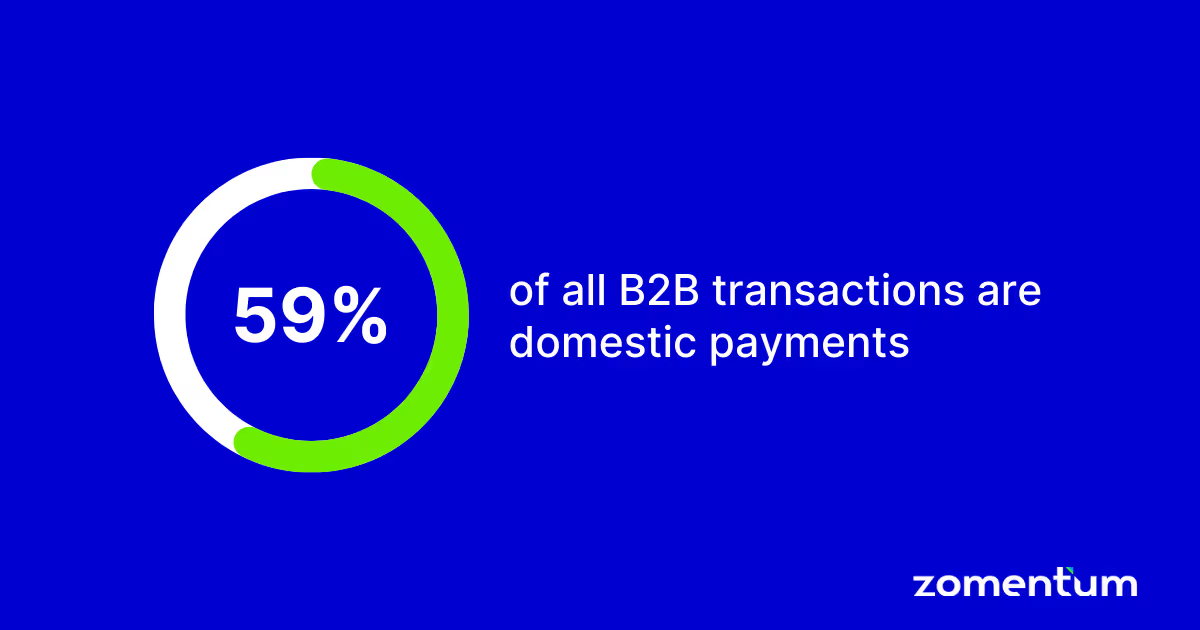
This number signifies the importance of local clientele for MSPs. Instead of seeking international clients, managed service providers and IT partners can focus on the local market.
81% of businesses are investing or planning to invest in B2B payment technology for Accounts Payable (AP). (Pymnts)
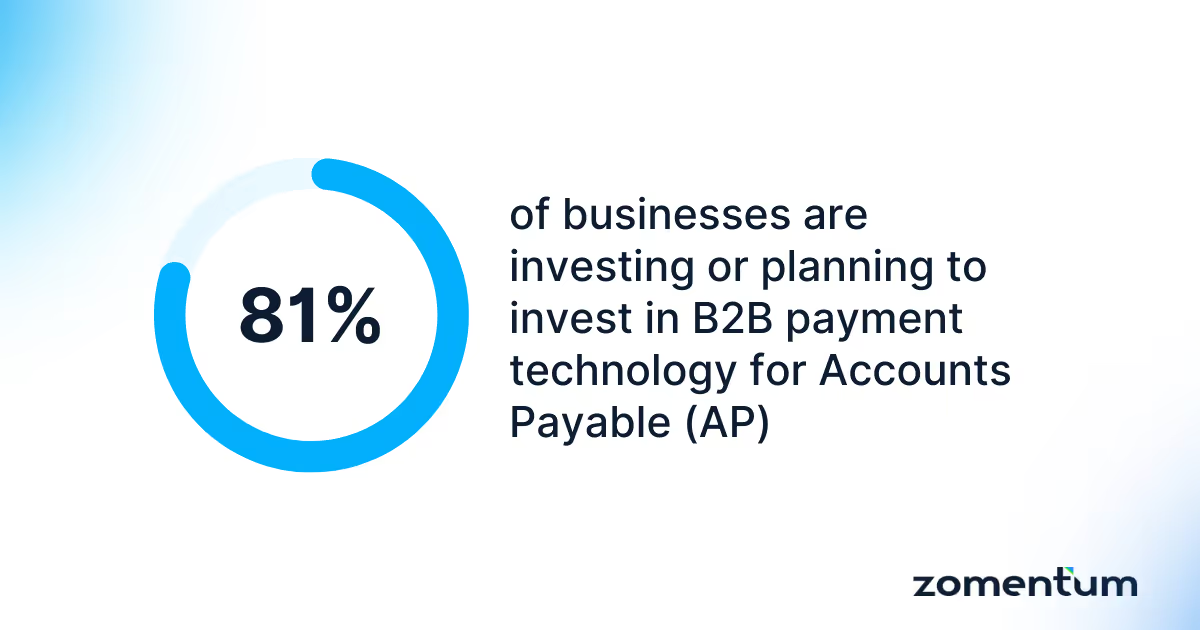
It’s vital for MSPs to invest in robust payment technology to streamline their accounts payable (AP) and accounts receivable (AR).
Businesses cite manual review (45%), the high cost of credit (43%), and the high cost of making payments (41%) as the three primary problems in B2B payments. (Pymnts)
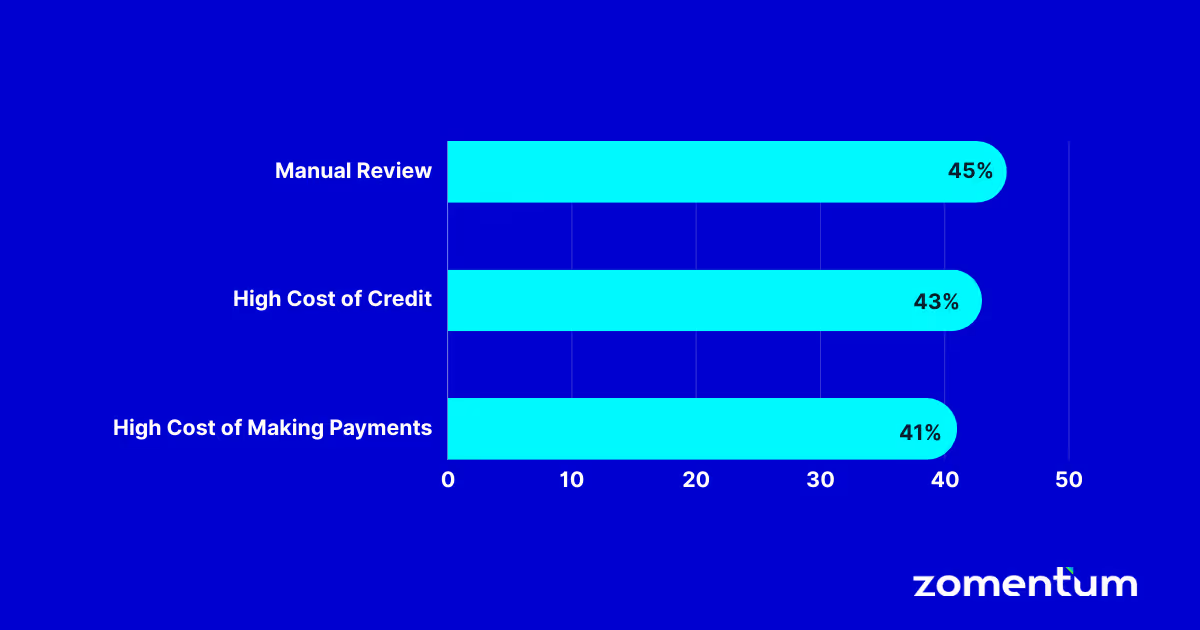
Clearly, MSPs need to opt for a payment processing system that automates their payment lifecycle from start to finish. At the same time, opt for a provider that charges a minimal fee so that you don’t leak revenue in the form of payment fees and charges.
9 out of 10 businesses struggle with exchange rates in B2B payments. (Flywire)

In the case of cross-border payments, wrapping your head around exchange rates can be challenging, and about 90% of businesses face this problem with B2B payments. As an MSP, you must opt for a payment processor that enables seamless international transfers.
B2B finance professionals look for three key things in a B2B payment technology: Fast payment process, No or low fees, and Easy payment methods. (Flywire)
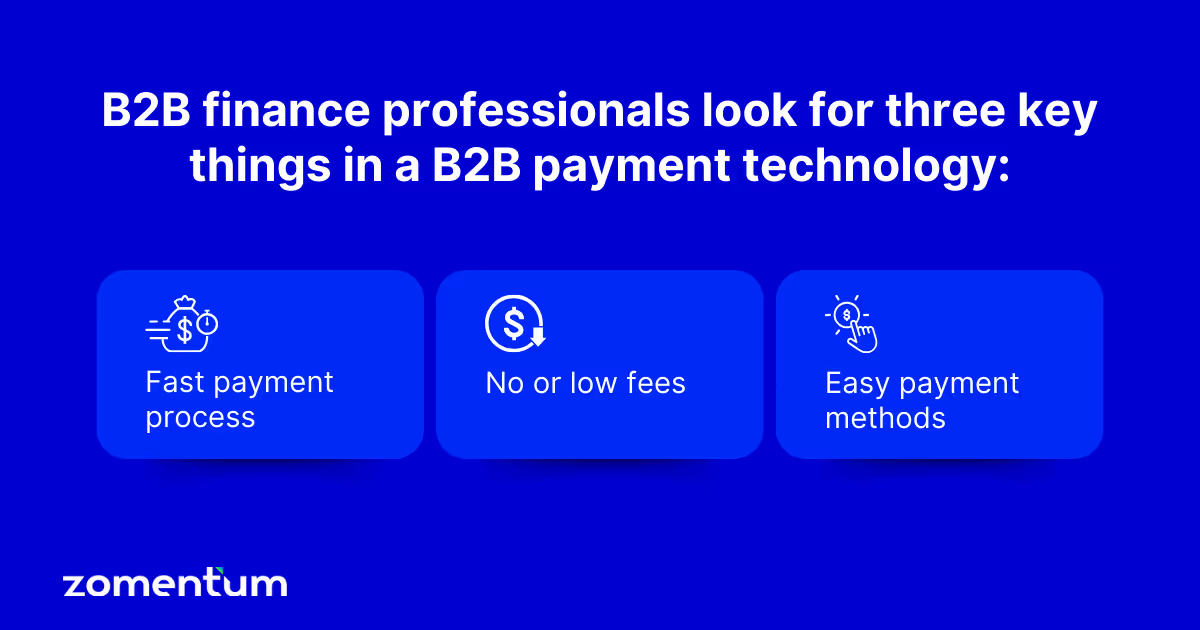
If you’re looking for a payment processing solution for your MSP, the above point clarifies the features you should look for. Find a payment solution that enables quick transactions, charges a low fee, and is easy to set up and use.
The average cost to process a single invoice is $13.11. (Medius)
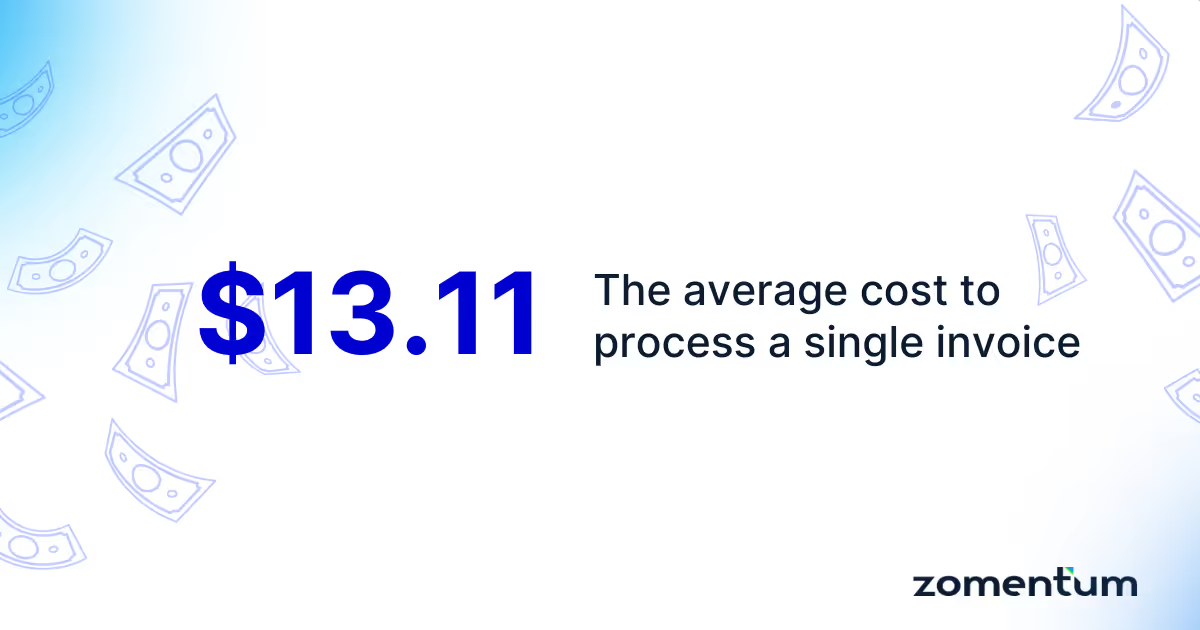
The cost of invoicing software, manual labor expenses, and paperwork may collectively contribute to this number. If you process a large number of invoices, it’s vital to keep your invoicing expenses in check to plug revenue leakage and increase margins.
Over 60% of businesses spend 14 hours per week on administrative tasks related to collecting payments. (QuickBooks)

Collecting payments is one of the most important parts of running an MSP business. But it doesn’t have to take 14 hours every week. MSPs should implement efficient payment collection practices, such as automating payment collection, setting up recurring payments, and efficiently managing invoices to reduce this time.
Streamline your MSP payments with Zomentum
Collecting payments online is an essential part of any MSP business. Effective payment collection can help you generate consistent revenue and grow your business, whereas not investing in the right payment technology can hurt your business in multiple ways.
If you want to improve your payment collection process and increase your cash flow, Zomentum Payments can help.
Zomentum Payments is a robust payment solution designed specifically for MSPs and IT partners.
Suggested Blogs

What’s new in Zomentum - December 2019
.avif)
Zomentum Announces the Top Influential Partners of 2023: Leading the Way in Growth and Innovation
